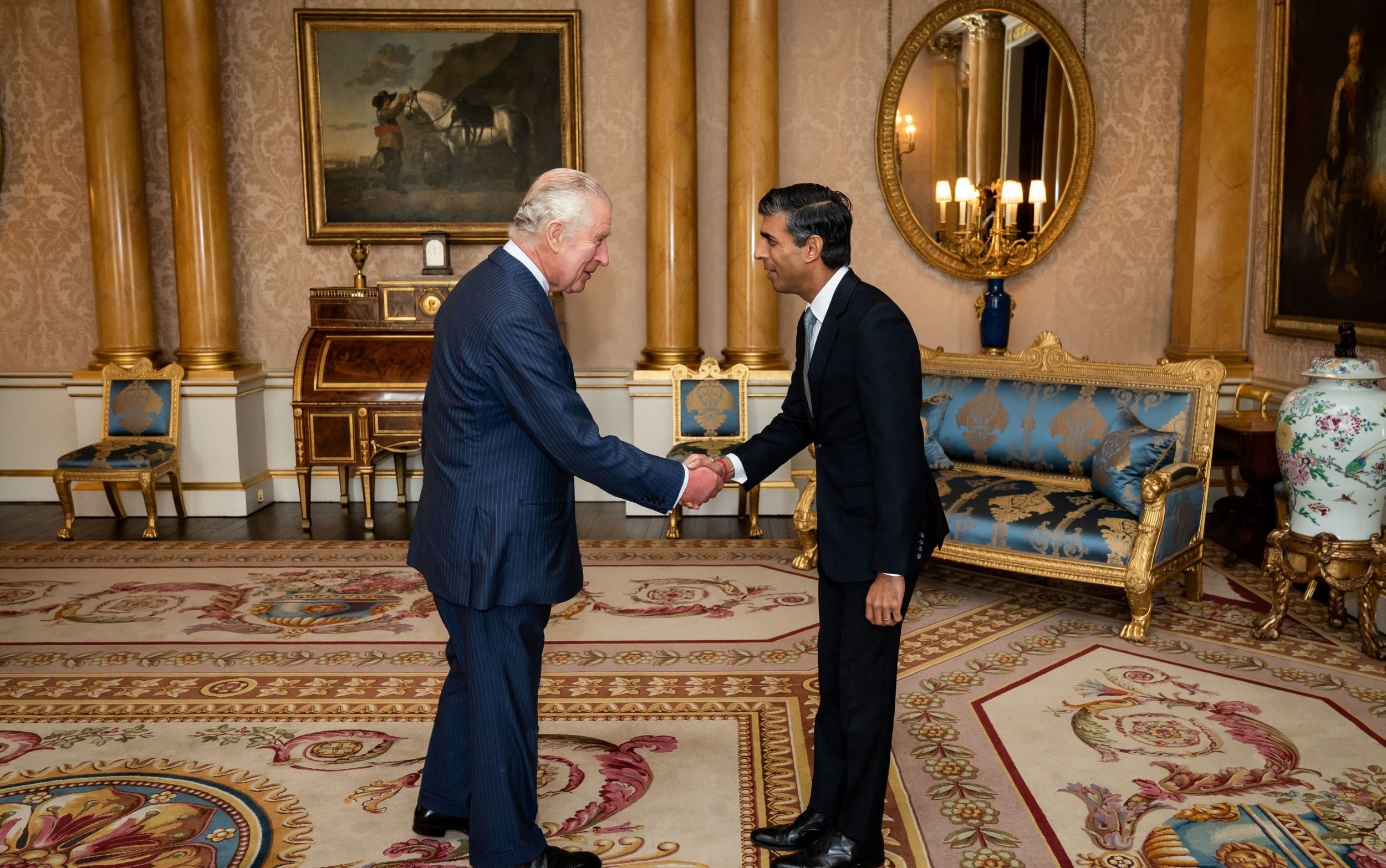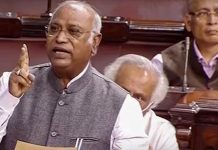
After a keenly contested power game, Rishi Sunak, 42, wrested the coveted office of the British Prime Minister. He got the better of his rivals with his sheer talent, surpassing racial or religious considerations, if any, to become the first non-white PM, writes Gopal Misra
The curtain on a high-pitch political drama having worldwide attention of nearly eight weeks was finally drawn on October 24, when Rishi Sunak, 42, wrested the coveted office of the British Prime Minister. In this keenly contested power game, Rishi trounced his rivals with his sheer talent, commitment to the nation, surpassing racial or religious considerations, if any. It also reaffirmed that the traditional British appreciation for meritocracy is still alive.
The power game had started unfolding during the difficult Covid-19 pandemic in 2020-21, when irrepressible and charismatic British PM Boris Johnson’s social behaviour finally sealed his fate. He, however, in a bid to ensure his return route to power supported Liz Truss, Foreign Secretary, considered to be a dumb-wit; thus preventing Chancellor of Exchequer, Rishi’s march to the apex office. It cannot be denied that Johnson’s initial strategy was well-planned. However, the Truss government collapsed within 43 days forcing the ruling Tory Party to elect a new PM.
The excitement of this ongoing drama reached a crescendo, when Johnson indicated his desire to contest for the high office to challenge Rishi. Earlier, just a few days before Jonson’s announcement to join the contest, former Defence Secretary Penny Mordaunt, who was considered much brighter than Truss, had jumped into the fray. The ruling party’s MPs, however, decided to choose the best among the three instead of experimenting in the name of race or religion, especially when the country’s economy is at the edge.
The Tory agreed to elevate Rishi, as an immediate resolution of the Russian-Ukrainian conflict appeared to be remote. They finally chose a ‘Punjabi munda’ or Punjabi young man for bailing the country out from the financial mess, when the menacing war clouds were hovering on the European sky. During the WW-1 and WW-2, Indian soldiers had scripted the Pax Britannica, now the Indian talent will be restoring the British glory. It may be recalled that during thirties, Rishi’s grandfather had migrated from India to East Africa. Later, the family shifted to Britain.
The decks for Rishi’s elevation were cleared, just a few hours before the worldwide Deepawali illuminations having snowballing effect on the markets. On the evening of Monday, October 24, even before him assuming the new responsibility officially, Britain’s main equity indexes closed higher. The British pound rose in volatile trading. The optimism was based on the known capabilities of Rishi that he now would successfully be steering a country, which was once considered as one of the most prosperous nations of the earth.
During his innings as Finance Minister, former Indian PM, Dr. Manmohan Singh had triggered the revival of the economy. A a similar role awaits Rishi, whohas also has served as the Chancellor of Exchequer. Earlier, he had cautioned the outgoing PM, Liz Truss, that her policy would be hitting hard the country’s ailing economy. Rish, now, would be reinvigorating his country’s fragile economy facing a down turn due to the dark clouds of the ongoing nine-month old Russia-Ukraine War. Indeed, a formidable task for any leader.
Interesting, the families of the two leaders belonged to Punjab. Rishi’s grandfather had migrated from Gujranwala to East Africa; later the family had moved to Britain. Dr. Manmohan Singh too hails from a Punjabi village, Gah, Chakwal; both places became a part of Pakistan after India’s partition in 1947. They, however, represent the genius of India propelled by the Punjab’s daring enterprise; always ready to pick up the gauntlet in any challenging situation. Rishi’s elevation also reasserts that with the Indian genius, British society has finally unshackled its racist mindset inherited from the colonial era.













